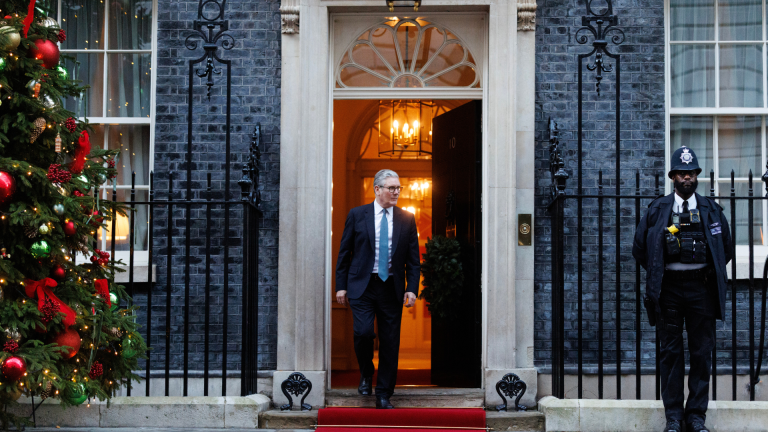We need to adopt a collaborative approach, involving every arm of government and employers too. Policies that support family time, such as flexible work options, are important because parenthood requires more than just cash; career protection must be part of the offer.
This is not solely a UK problem. Birth rates have been declining in Europe for more than 50 years and the total fertility rate in the EU has halved since 1960. According to UN forecasts, China’s population will halve by 2100, with almost half aged over 65.
Make childcare available and parental leave more generous
We can learn from other countries – what works and what doesn’t. The Chinese government is promising to pay 3,600 yuan (£375) per year, per child, up to the age of three. Hungary is spending 5% of GDP on pro-natal policies, such as subsidised housing loans and tax exemptions for parents. Austria has increased paid maternal leave from one to two years, which has persuaded more couples to have a second child.
An Economist Impact review of global research, to which I contributed, found that family-friendly policies, which promote gender parity, most effectively encourage larger families. The availability of childcare is the single most effective mechanism to improve the fertility rate, alongside longer and higher-paid maternity leave.
The UK is the fourth most expensive country in the world for childcare, with costs accounting for 19% of income. Our statutory paternity leave offers only two weeks paid leave – the least generous in Europe. Only 1% of eligible mothers and 5% of eligible fathers or partners have taken up shared parental leave – largely due to financial reasons.
Introduce a national IVF tariff and end the postcode lottery
Infertility is classified as a disease by the World Health Organization and access to treatment should be a medical right. We need to make IVF accessible and affordable to all, including same-sex couples. Currently, more than half of Integrated Care Boards (ICBs) require same-sex couples to self-fund between six and 12 cycles of artificial insemination before being eligible for IVF.
Advertising helps fund Big Issue’s mission to end poverty
There is no justification for the health inequalities that exist within fertility treatment, whether they relate to accessibility for minority communities, LGBTQ+ couples and single women, or the IVF postcode lottery, which goes against the founding principles of our NHS to offer fair and equal access to healthcare.
One in seven British couples have difficulty conceiving and a national IVF tariff would end the postcode lottery. Price caps exist on other medical treatments and a tariff on the upper limit ICBs pay for a single IVF cycle would help the NHS budget go much further and reduce the disparity of access across the UK.
We need to combine this with better education; let’s introduce fertility education in secondary schools, to empower our young people with knowledge about the impact of age and lifestyle on their fertility.
The long-term impact of a declining population will be profound. PwC’s consulting arm, Strategy&, forecasts that ageing populations and falling birth rates will reduce UK GDP by £429 billion by the end of the century.
For the sake of generations to come, and to protect our nation’s economic prosperity, we cannot duck this issue; we need to act now.
Professor Geeta Nargund is a senior NHS consultant in reproductive medicine and director of the Create Health Foundation.
Advertising helps fund Big Issue’s mission to end poverty
Do you have a story to tell or opinions to share about this? Get in touch and tell us more.
It’s helping people with disabilities.
It’s creating safer living conditions for renters.
It’s getting answers for the most vulnerable.
Big Issue brings you trustworthy journalism that drives real change.
If this article gave you something to think about, help us keep doing this work from £5 a month.
Advertising helps fund Big Issue’s mission to end poverty





